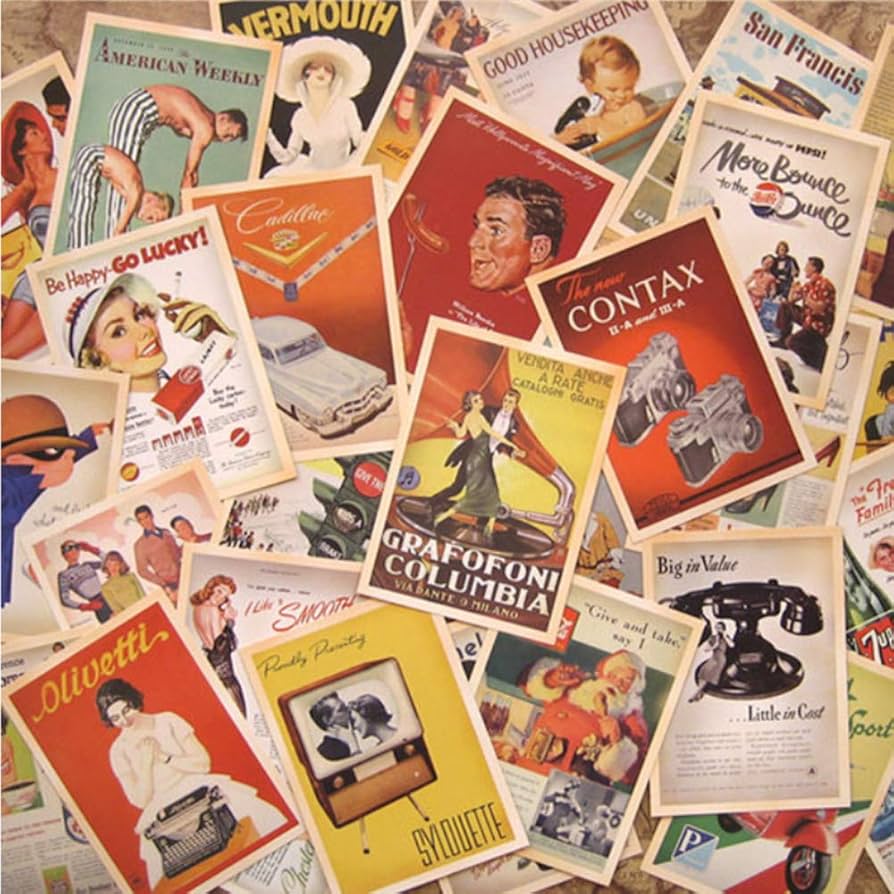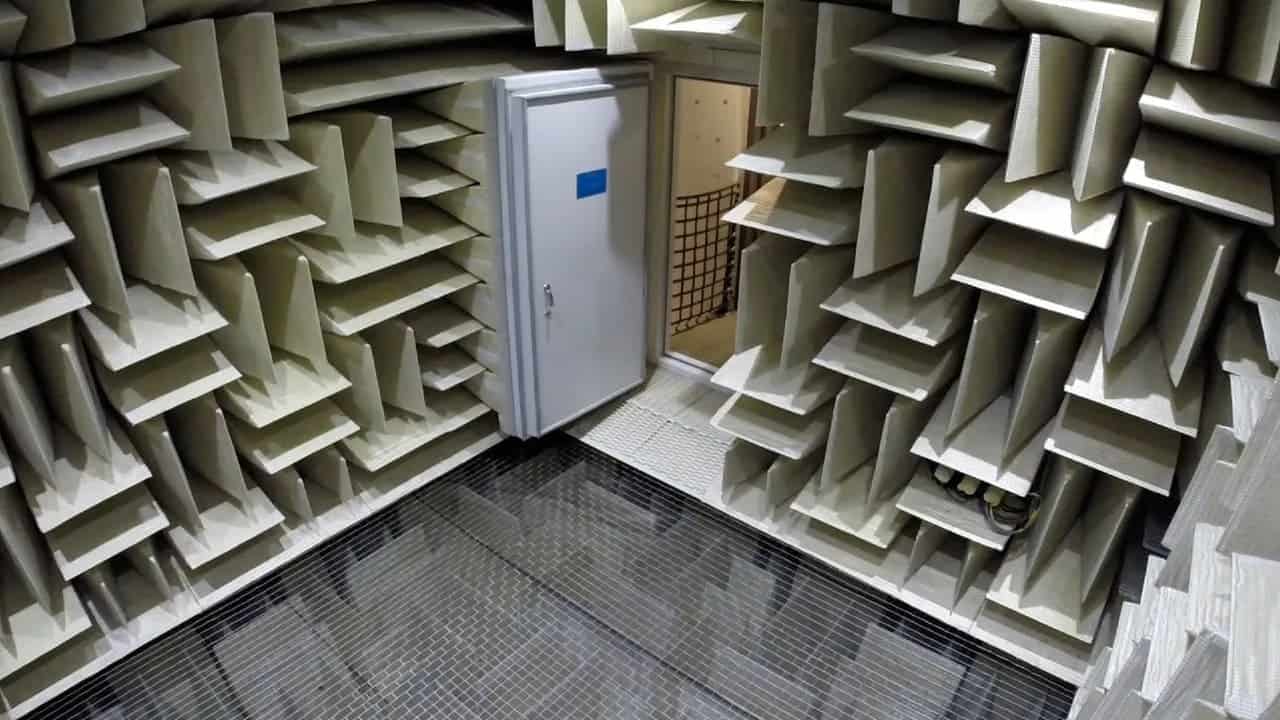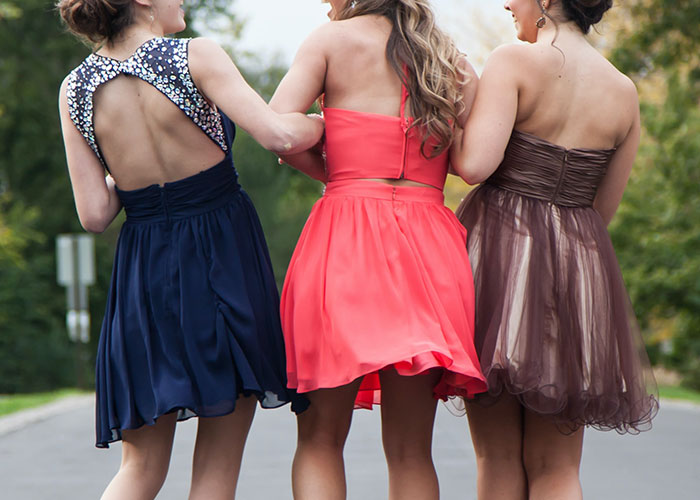I keep a box of old postcards tucked away in the back of a drawer, beneath a stack of notebooks and a tangle of receipts I haven’t sorted yet. The box is nothing fancy—plain, slightly worn, with corners bent and a faint smell of paper that has sat in the sun too long. Most people might see it as clutter, as a collection of failed intentions. But to me, it is a secret map of who I once was, a repository of moments and thoughts that never found their way into the world.
I remember the first postcard I ever kept. It was from a coastal town I visited in the spring, the sand warm beneath my feet, the water glinting like fragments of glass. I had written a note to someone I thought would understand, someone I hoped would hold the day as close as I did. And then, I never sent it. The postcard ended up in this box, folded slightly at the edges, ink slightly smudged from a nervous thumb. At the time, I felt failure, a sense of something unfinished. Looking back now, I realize it was the opposite—it was a quiet act of preservation, a way to keep the memory intact without risking it being diluted by someone else’s perception.
Each postcard is a time capsule. I can tell you the weather, the café I sat in, the way the light fell through a window, and the conversation I overheard from a stranger at the next table. There’s a postcard from a festival in a city I barely remember, a riot of color and noise and laughter. I never sent it because the person it was meant for would never have understood the chaos in the way I experienced it. And perhaps I didn’t want them to. Some postcards are short and simple: “Thinking of you. Hope you are well.” Others are paragraphs of half-formed thoughts, sketches of ideas that seemed urgent at the time.
There is something deeply comforting in this act of writing without sending. It is a form of intimacy with oneself. The postcard is a conversation that lives entirely between the writer and the paper. No responses are required, no judgments can intrude. It is both private and expansive, a place where memory, imagination, and longing meet. The act of writing becomes a meditation. When I pick up a pen and a blank postcard, I slow down. I notice the texture of the card, the scent of the ink, the way my hand moves over the surface. The world outside can rush and clamour, but here, in this small rectangle of paper, everything fits.
Over time, the box has grown heavier, not just with the weight of paper, but with the weight of remembered emotions. There is a postcard from a trip where I felt utterly alone, standing on a cliff as the wind tore at my hair. I never sent it because the emptiness was mine to keep, and yet I wanted to capture it. There is another from a quiet evening in a small café, the kind of moment that feels like a secret, where I wrote about the way steam curled from my cup and the soft laughter from a nearby table. I never sent that one either. The act of writing became more important than the act of sending.
Sometimes I take a postcard from the box and read it aloud, even if there is no one listening. The words, which once felt urgent, now feel like echoes of a younger self. I laugh at the overblown emotions, cringe at the mistakes in handwriting, marvel at the small details I once thought significant. Each postcard is a mirror, but a distorted one, showing me fragments of who I was and who I have become. The box itself becomes a kind of diary, nonlinear and tactile, where memories are stored in layers like sediment in a riverbed.
Keeping unsent postcards also teaches a strange kind of patience. In a world where communication is instant, where thoughts are shared with a swipe or a tap, there is a radical slowness to writing a postcard and not sending it. The thought does not need immediate gratification. The feeling does not demand validation. The postcard is enough. I have found that in these quiet pauses, in the act of preserving something without performing it for someone else, I notice things more clearly. I notice my own growth, my own patterns, and the subtleties of fleeting moments that might otherwise slip away.
The box also reminds me of the fragility of intention. I have sent postcards in the past, only to have them lost in the mail or misunderstood by their recipient. The unsent postcard, however, cannot be lost in transit. It remains exactly as I left it, unaltered by the interpretations of others. In a way, it is a form of control, a tiny sanctuary where the experience belongs entirely to me. It is not about withholding from others, but about honoring the moment as it truly existed.
Sometimes, when I open the box, I imagine sending every postcard at once. I imagine them fluttering across cities, across countries, landing in the hands of strangers who might smile, frown, or feel nothing at all. But then I close the box and leave them where they are. The imagination of sending is enough. The postcards have a life of their own in my mind, a narrative that does not require external validation. Each one carries a piece of me, a fragment of a day, a flicker of emotion preserved in ink.
In a strange way, the box of unsent postcards has become a friend. It is patient, nonjudgmental, and quietly attentive. It holds my past in a form that is both delicate and durable. I do not need to revisit it constantly, but knowing it is there gives a sense of continuity, a reassurance that the moments I treasure, even the ones I never shared, are not lost. They are kept safe, waiting quietly for the next time I want to remember, to reflect, or simply to be with myself.
Perhaps the most important lesson the box has taught me is that some things do not need to be shared to be meaningful. Writing for oneself, preserving experiences without an audience, can be profoundly satisfying. The postcards remind me that intimacy, memory, and reflection do not always require reciprocation. They exist in the act itself, in the quiet gesture of putting pen to paper, in the willingness to preserve a thought without expectation.
As I close the lid of the box and slide it back into its drawer, I feel a small sense of reverence. The postcards will wait, patient and silent, holding moments that are mine alone. And I know that the next time I need to reconnect with a fragment of my past, I will open the box and find myself again, one unsent postcard at a time.



